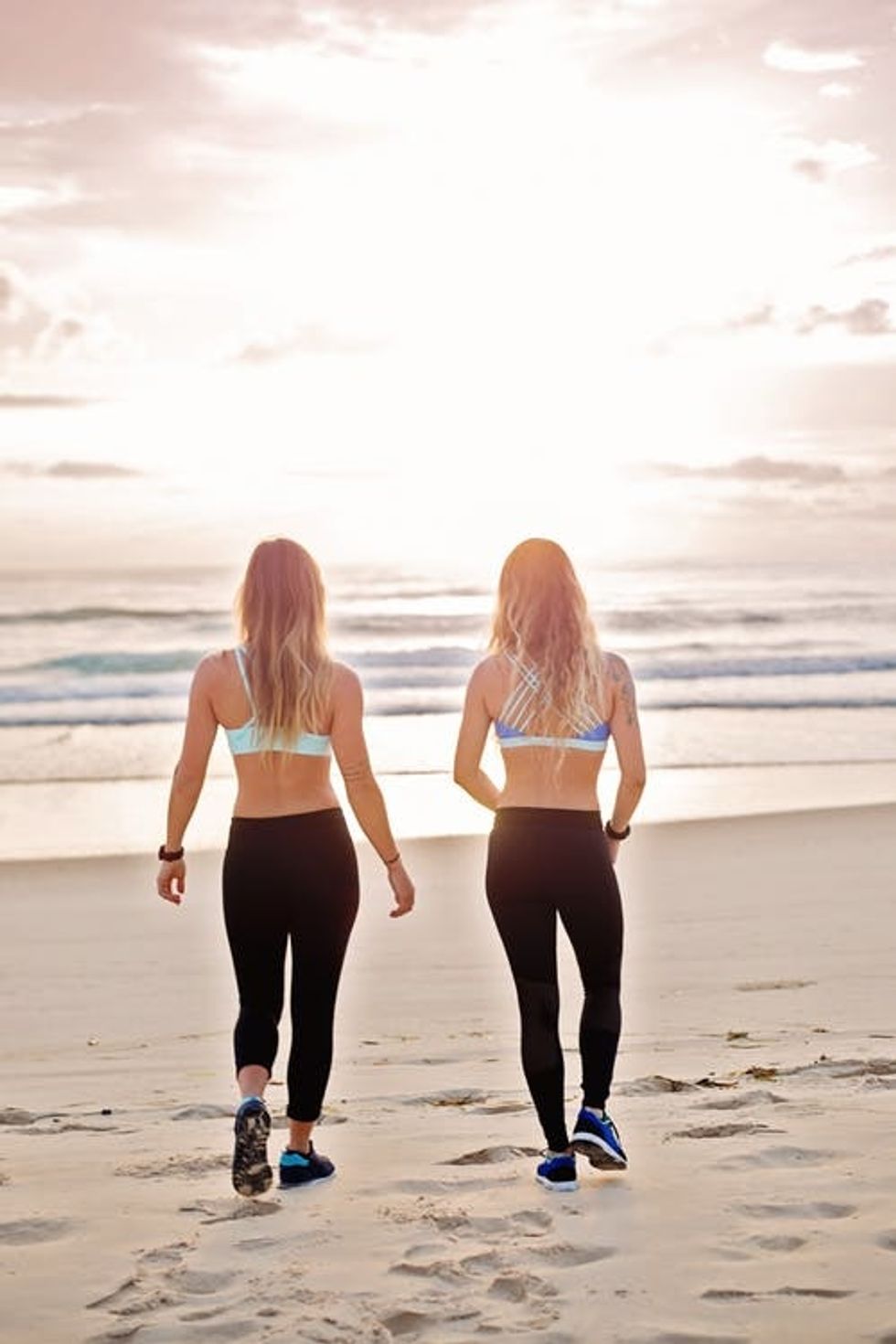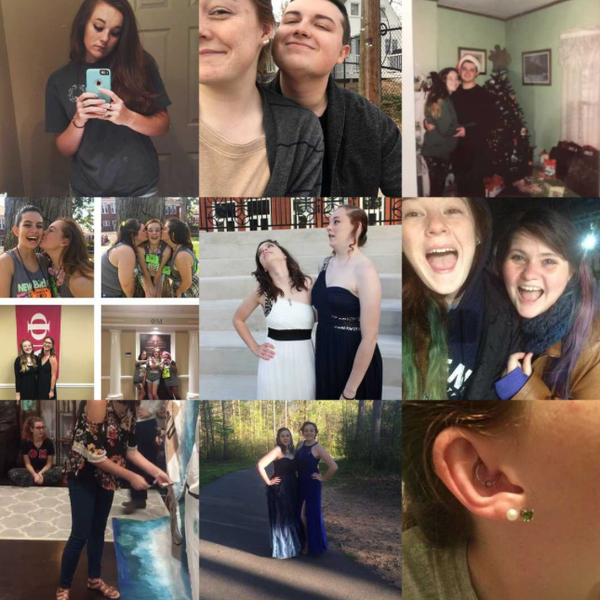You want to lose weight before swimsuit season. "Dieting" is the problem. Here is the solution.
I searched the most popular diets in 2019 via Google Trends, which yielded the following: Intermittent fasting diet, Dr. Sebi diet, NOOM diet, 1200 calories diet, Golo diet.
On the intermittent fasting diet, it is recommended on the two fasting days, women eat 500 calories (2 small meals 250 calories each -my stomach growled just from the thought), and the men eat 600 calories (2 small meals 300 calories each).
The Dr. Sebi diet is based on a vegan diet – no animal products permitted (did my skin just get paler?). This is recommended for the rest of your life. Nope - not "happenin!"
The NOOM diet comes to you via a phone app and bases its plan around behavioral change, complete with a diet plan and coach. This diet plan uses a point system similar to Weight Watchers. Food lists are color-coded based on quantity and quality.
The 1200-calorie diet is just what it sounds like, with specificity in ensuring foods rich in nutrients are consumed due to the low caloric intake. This would obviously be a short-term weight-loss plan as most of us need more than 1200 calories a day to sustain our body's nutritional requirements.
The Golo diet focuses on controlling calories through non-processed foods and exercise. It also recommends a "release" supplement that health experts disagree is necessary.
Go for a swim!

All of these diets have some beneficial elements and are worth reading up on. Though lean muscle mass is hard to build on a vegan diet (these people look like they never get out in the sun - pale hemoglobin syndrome - you think?), the others do offer great plant-based variety along with foods rich in protein. My rule of thumb is to make the bulk of my diet fruits and vegetables, ensuring also I get the recommended amount of water each day, and supplementing with lean meats for protein, as well as beans, legumes, nuts, and seeds. (I pump weights 4 days a week, and walk at least 3-4 days a week). I think the main takeaway and summary of the best of all is to eat healthy foods, get exercise, and keep your food quantity below what you need daily until you attain your goal weight, then resuming the normal caloric count necessary for your age and body mass index required each day. Exercise is an obvious good choice for anyone, and the type of exercise depends on your individual likes (because let's face it, you won't stick with it if it is not enjoyable), availability, and health issues. Exercise is known to improve mood/alleviate depression, produce healthier-looking skin, as well as helping to maintain a healthy weight.
Take a walk with a friend!

It is just a fact after you pass 35, your metabolism changes and maintaining a healthy weight based on your individual BMI is more of a challenge, but it can be done. Exercise is an obvious choice, and making healthier food choices shore up healthier weight in the long-term as your body will begin to change the types of foods it craves to the healthier variety as you add the more healthy food choices in. So, make it a goal not just to lose weight, but to enjoy a healthier diet overall. Your body as a whole will be better for it.
Focusing on the "dieting" mindset is the problem. Instead, go into whatever program you choose as a lifestyle change that you will follow from this day forward. If you make choices both in the foods you eat, as well as the exercise program you choose, then you should be able to follow this for always. This does not mean that you can't ever enjoy a pizza and chocolate cake – it just means healthful foods are your norm, and these types of meals are the once in a while things. Take a long walk with a friend, and make walking a 3-4 day, 20-minute daily habit.
Happy lifestyle choices!



















